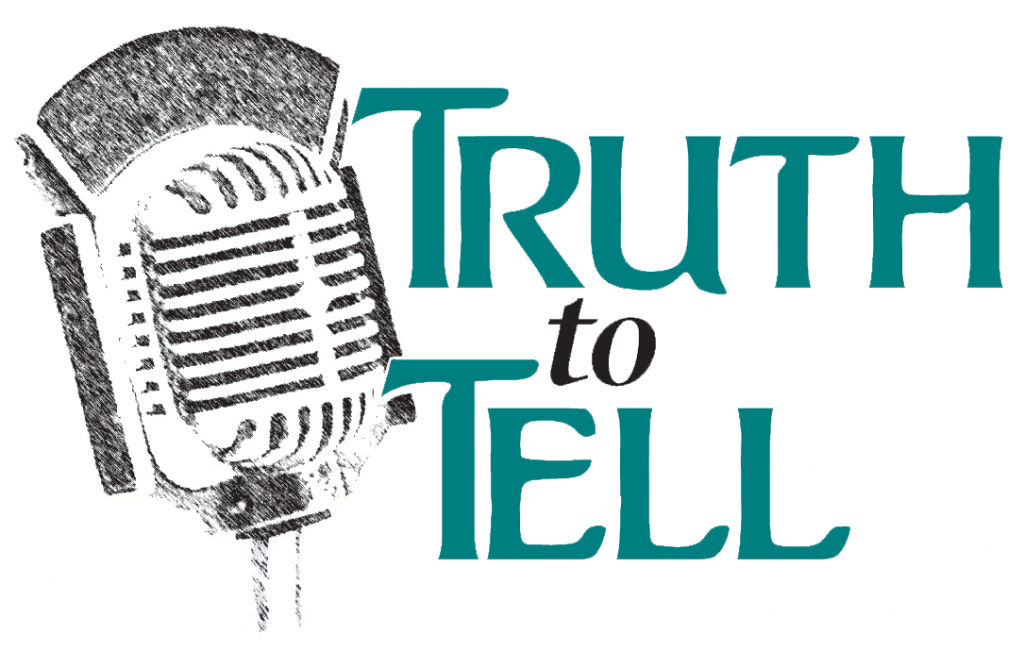TTT1212-Mar 19-AmendConstitution
HELP US BRING YOU THESE IMPORTANT DISCUSSIONS OF COMMUNITY INTEREST – PLEASE DONATE HERE!
~~~~~~~~~~~~~~~~~~~~~~~~~~~~~~~~~~~
Photo by Shekleton (Shekshots)
~~~~~~~~~~~~~~~~~~~~~~~~~~~~~~~~~~~
Are we becoming California by a back door? California law is peppered with voter-passed initiatives and referenda. Is this true democracy? Or a denigration of representative government?
The Minnesota Constitution does not allow what California’s does: passing and repealing state statutes by IR&R – Initiative, Referendum and Recall. Not that Republicans haven’t tried to install that device in the Constitution (current House File 2562, King Banaian [R-St. Cloud] would do just that), claiming that true democracy is when citizens vote directly for state laws, bypassing the Legislature. This would be 7th amendment offered up this year.
But to pass laws by popular vote right now, legislators can place them on the ballot only in the form of Constitutional amendments. (Referenda, or the repeal of existing state law, is not currently allowed at all. Recall of state office holders is allowed by a convoluted process involving the courts.)
So – this year and last – new but frustrated Republican majorities in both houses have found their rightwing agenda neutralized by the veto pen of DFL Governor Mark Dayton. In response they’re attempting to send their entire agenda to the ballot box – some bills already having been vetoed, others not. The issues already heading for the voters or possibly on the ballot thus far:
- The Marriage Amendment – defining marriage as between a man and a woman. Placed on this year’s November ballot last session. (Vice Pres. Walter Mondale and fmr Chief Justice Kathleen Blatz just announced their opposition to this.)
- Shoot First – Vetoed this session. So-called castle doctrine principle expanded to allow gun owners to shoot first much sooner – and ask questions later.
- Voter ID – Vetoed last session, now on the docket for passage to the November ballot. Requires a photo ID before voting – never mind the millions with no access to such identification.
- “Right-to-Work” – This may be floundering – but it would remove the requirement that a worker sign on to union membership in a union shop.
- Tax Bill Supermajorities – This may be on the back burner as well. Would require a two-thirds majority of the Legislature to vote in the affirmative for any tax bill to pass.
DFL Rep. Phyllis Kahn (Mpls) has answered with little-discussed bill of her own (HF2175 – companion S.F. No. 2017 [Pappas, et al]) to place on the ballot a question requiring a two-thirds majority of the Legislature to place any Constitutional amendment on the ballot. The theory, perhaps, being that, if the Constitutional amending process placing questions before the electorate continues to bypass any role for the Governor, then it should only be done so by a supermajority of its own. Looks like thus far Kahn’s bill may have languished, like Banaian’s, in the Government Operations and Elections Committee. No action is likely on those two with committee deadlines passing.
Just Friday, MPR’s Tim Pugmire reported this on the question of this all perhaps backfiring: “….But Gov. Mark Dayton and other Democrats argue that many of those same voters are offended by the idea of lawmakers governing through the constitution. Dayton said the process not only bypasses him, but bypasses the intent of the state’s founders who wanted the executive branch and legislative branch to work together.
DFL legislators insist that when they controlled the House and Senate they held back on using constitutional amendments to get around then-Gov. Tim Pawlenty, a Republican. They claim GOP leaders are now playing with fire. House Minority Leader Paul Thissen, DFL-Minneapolis, said the stage is now set for even more amendments down the road.
‘If we start going down this path, it creates a very dangerous precedent,” Thissen said. “At the end of the day, I think the fundamental principle is we’ve got to keep our constitution as limited and as sacred as possible, and it should be about expanding people’s rights and not contracting them.'”
TTT’s ANDY DRISCOLL and MICHELLE ALIMORADI put it to our guests about individual and collective issues around the flood of Constitutional amendments this session and last – in search for answers about both the wisdom and strategy of piling amendments on the ballot in such a crucial election as this year’s – what with redistricting forcing legislators and Congressmen and women in new territories and a ballot full of offices from President and US Senate on down through judicial races and – yes, Constitutional amendments and, perhaps, even other local ballot questions.
SUSIE BROWN – Public Policy Director, Minnesota Council of Nonprofits
HEATHER MARTENS – President, Protect Minnesota
SHAR KNUTSON – President, MN AFL-CIO



